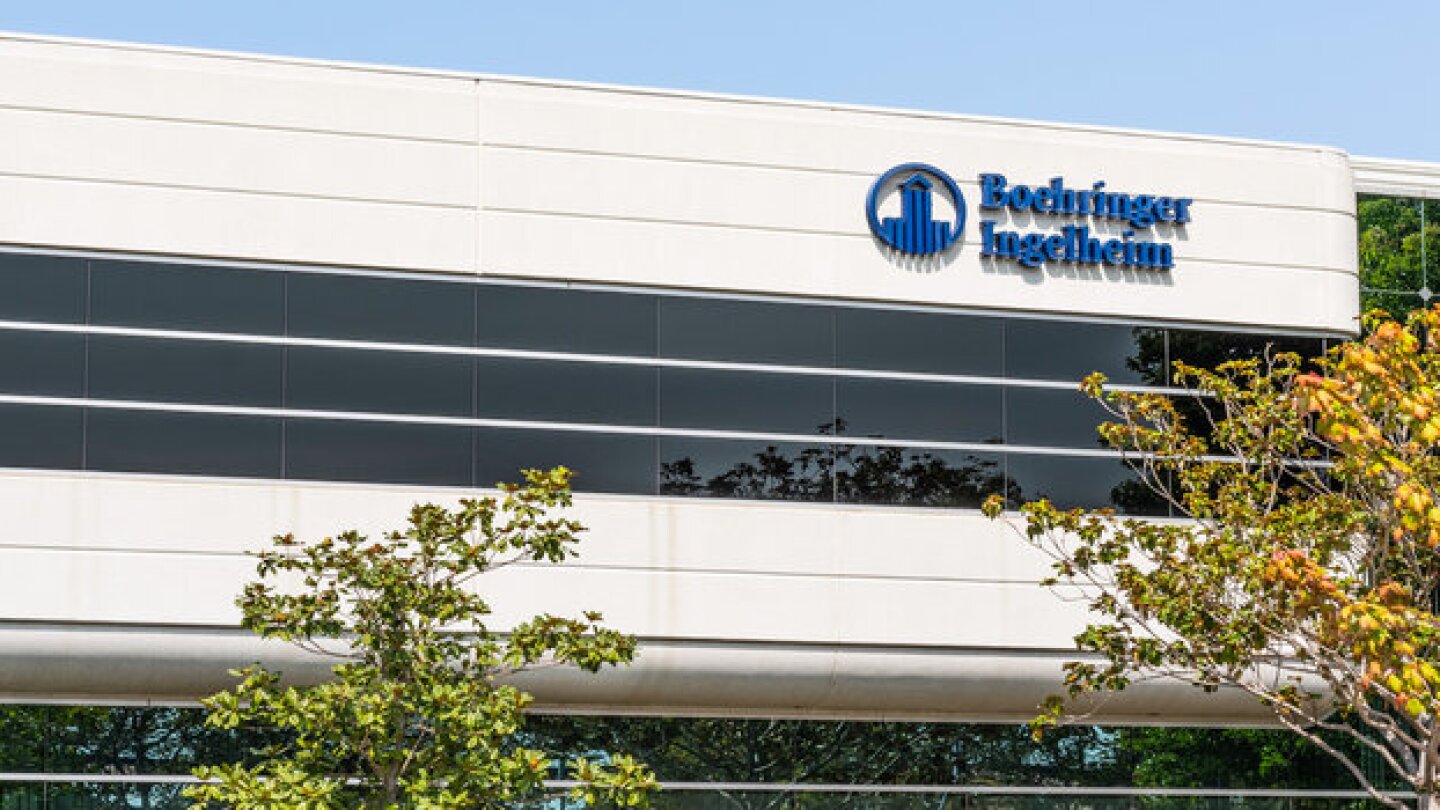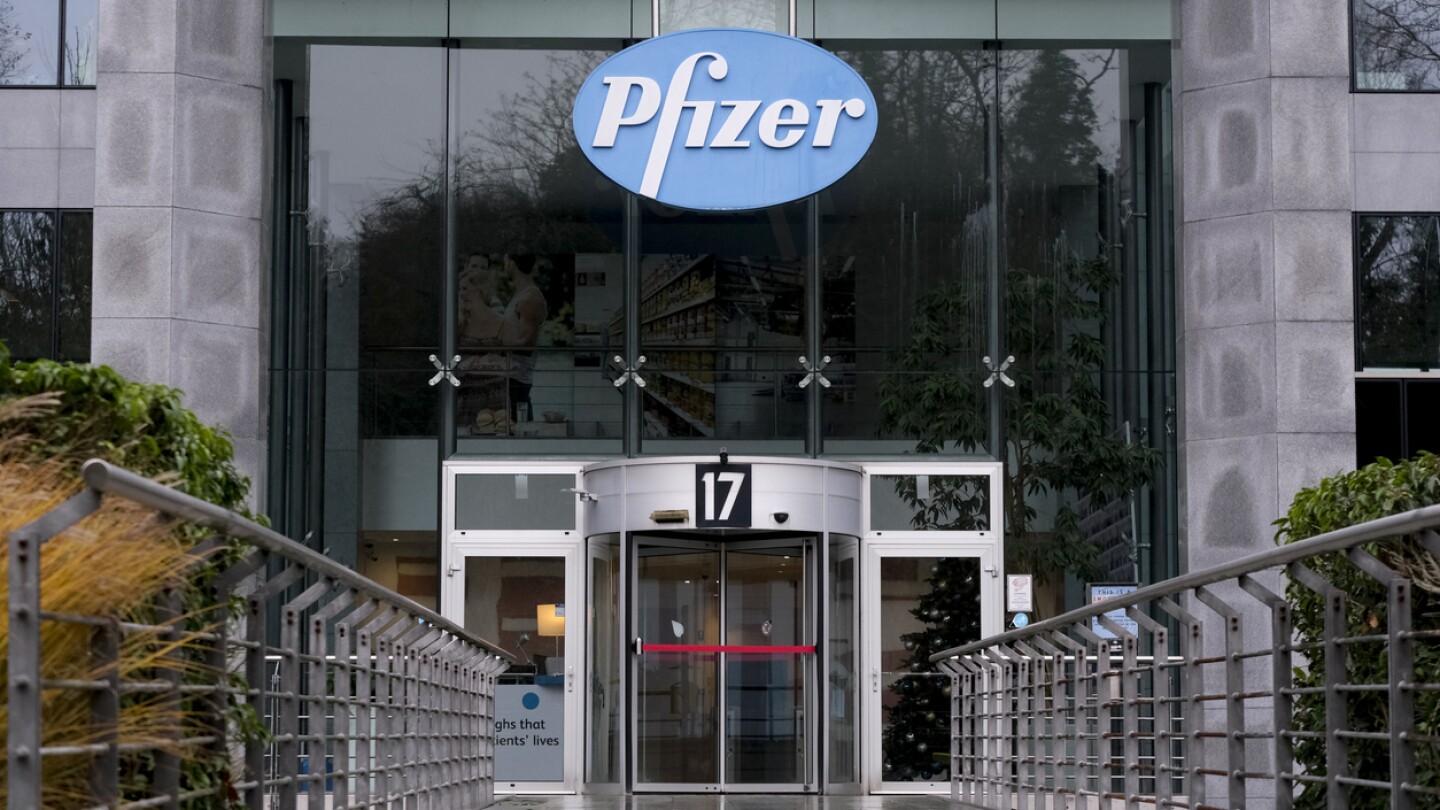Deals
The deal gets Lilly access to Orna’s in vivo CAR T technology. The biotech’s lead asset, which has yet to start clinical testing, is focused on B cell–driven autoimmune diseases.
FEATURED STORIES
Henry Gosebruch, who has $3.5 billion in capital to deploy, is thinking broad as he steers the decades-old biotech out of years of turmoil.
Speaking on the sidelines of the J.P. Morgan Healthcare Conference, Novo business development executive Tamara Darsow said the company is gunning for obesity and diabetes assets.
Buying vaccine biotech Dynavax was an easy choice for Sanofi despite anti-vaccine moves by the Trump administration.
Subscribe to BioPharm Executive
Market insights and trending stories for biopharma leaders, in your inbox every Wednesday
THE LATEST
In this episode of Denatured, Jennifer C. Smith-Parker speaks with RTW’s Rod Wong and Stephanie Sirota how shifting JPM deal timing masks record M&A potential; why oncology, obesity, psychedelics, and neuroscience are attracting fresh capital; and how “alpha stacking” shapes their investment edge in an age of chronic uncertainty. They cover topics discussed in RTW’s new book, “Innovation is the Best Medicine.”
The deal will help bolster Eli Lilly’s growing hearing loss portfolio, which is anchored by the gene therapy AK-OTOF.
The cornerstone of the deal is SIM0709, which Simcere designed to target both TL1A and IL-23, crucial players in facilitating inflammation. Boehringer Ingelheim will advance the asset for inflammatory bowel diseases.
Investors are apparently taking bets on when Revolution will be acquired. A handful of pharmas could be interested as Merck backs off.
Merck had previously offered anywhere from $28 billion to $32 billion to swallow Revolution Medicines.
The partnership will allow BMS to advance a T cell–based therapy that is only activated once in the vicinity of a tumor.
In this episode of Denatured, BioSpace editorial team members, Senior Editor, Annalee Armstrong, and News Editor, Dan Samorodnitsky, discuss their post-JPM takeaways and 2026 forecasts after speaking to a range of pharma and biotech executives and investors last week.
Novo Nordisk pulled back from cell therapies last October, scrapping development of a type 1 diabetes therapy and laying off most employees working on this modality.
Ahead of GSK are Bristol Myers Squibb and Merck, which have already won FDA approvals for subcutaneous formulations of their respective PD-1 blockers Opdivo and Keytruda.
In November, Pfizer was reportedly looking to divest its stake in BioNTech, though the German biotech at the time denied these rumors.
















